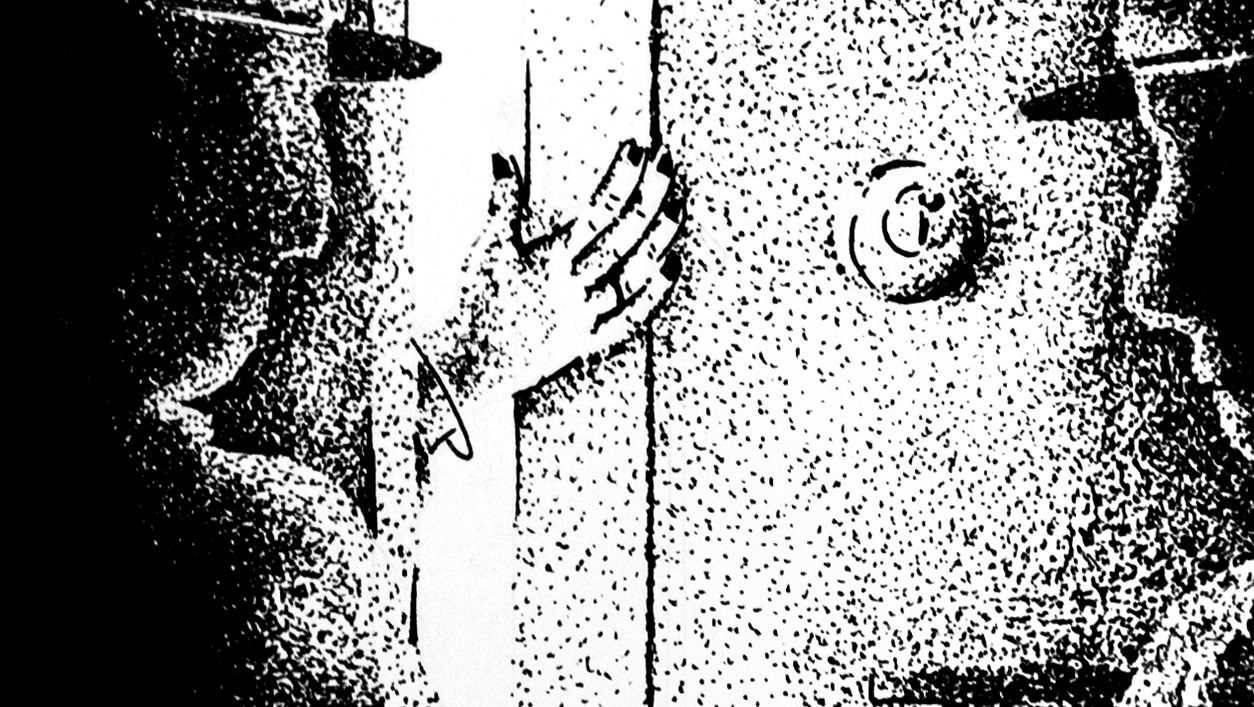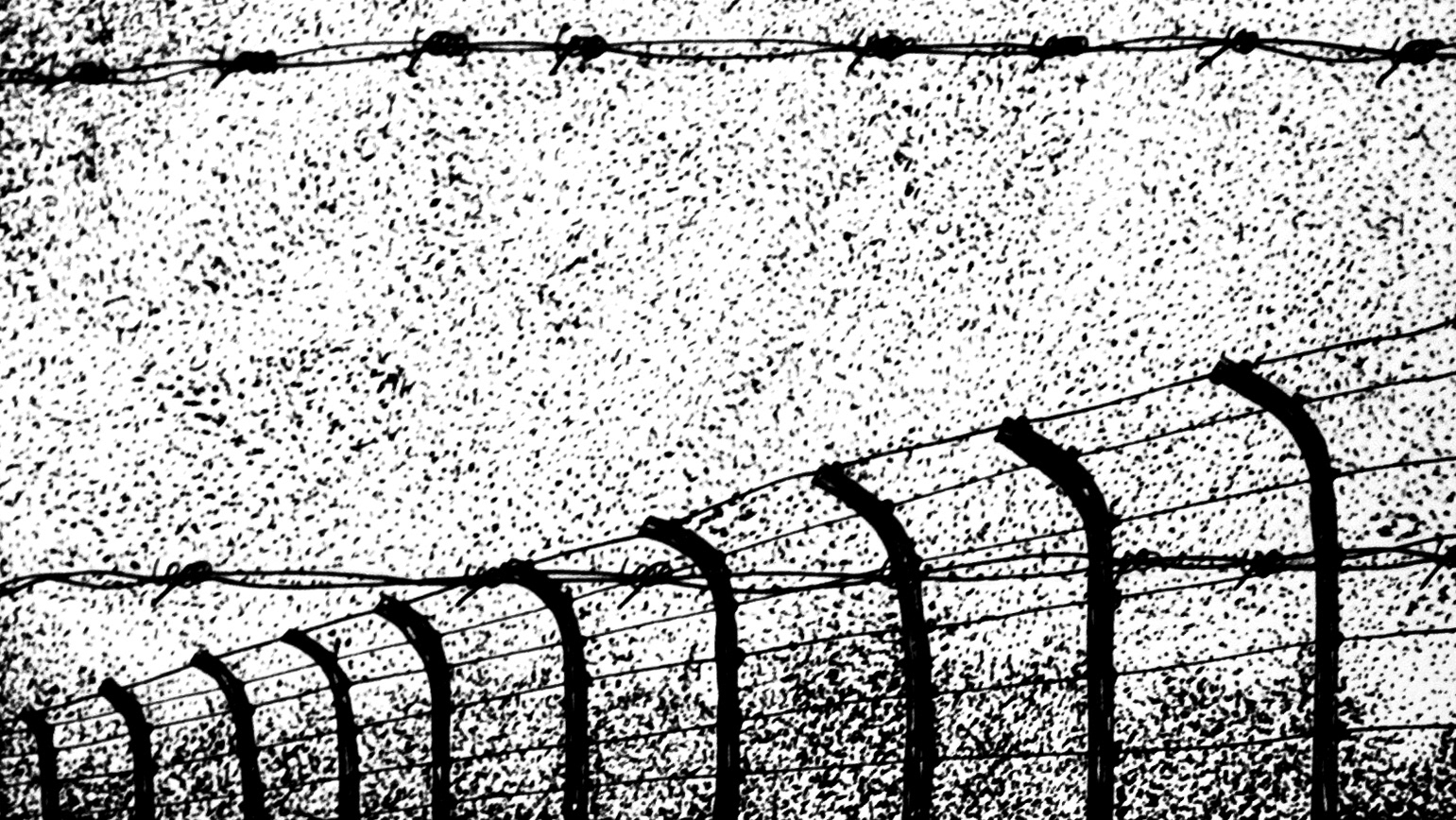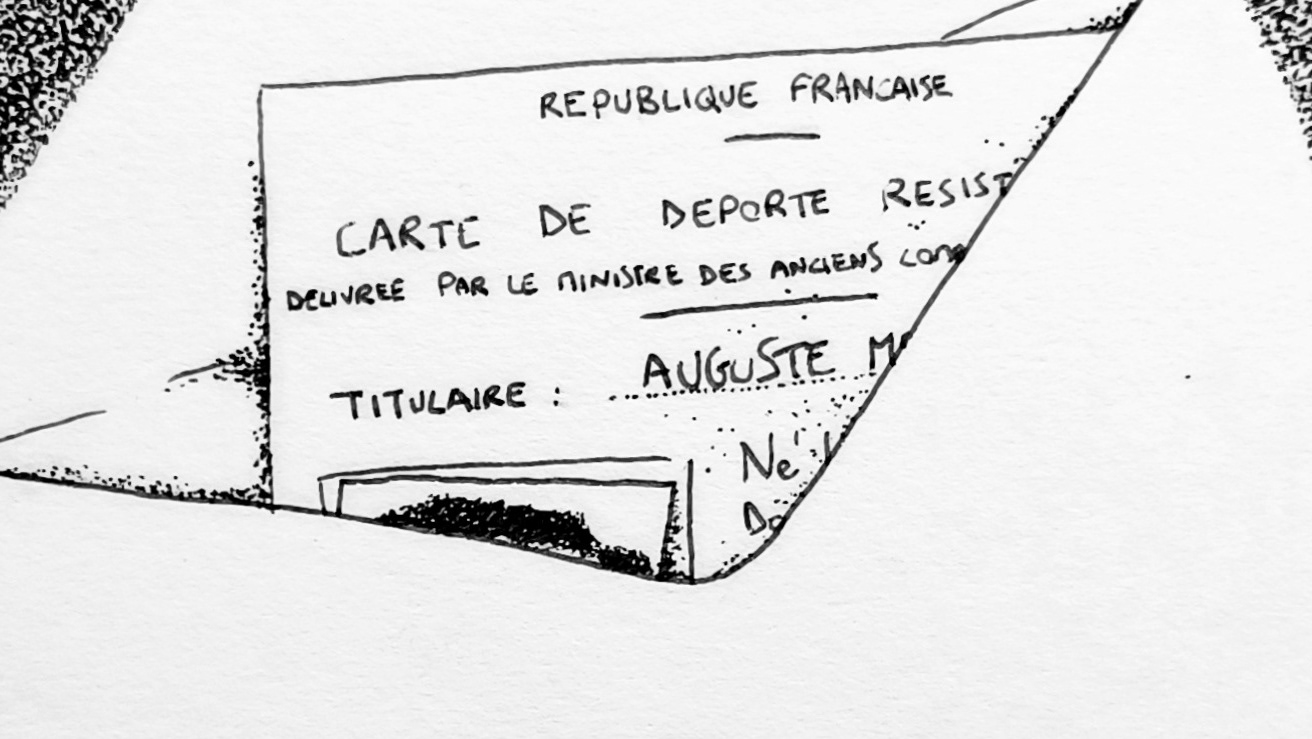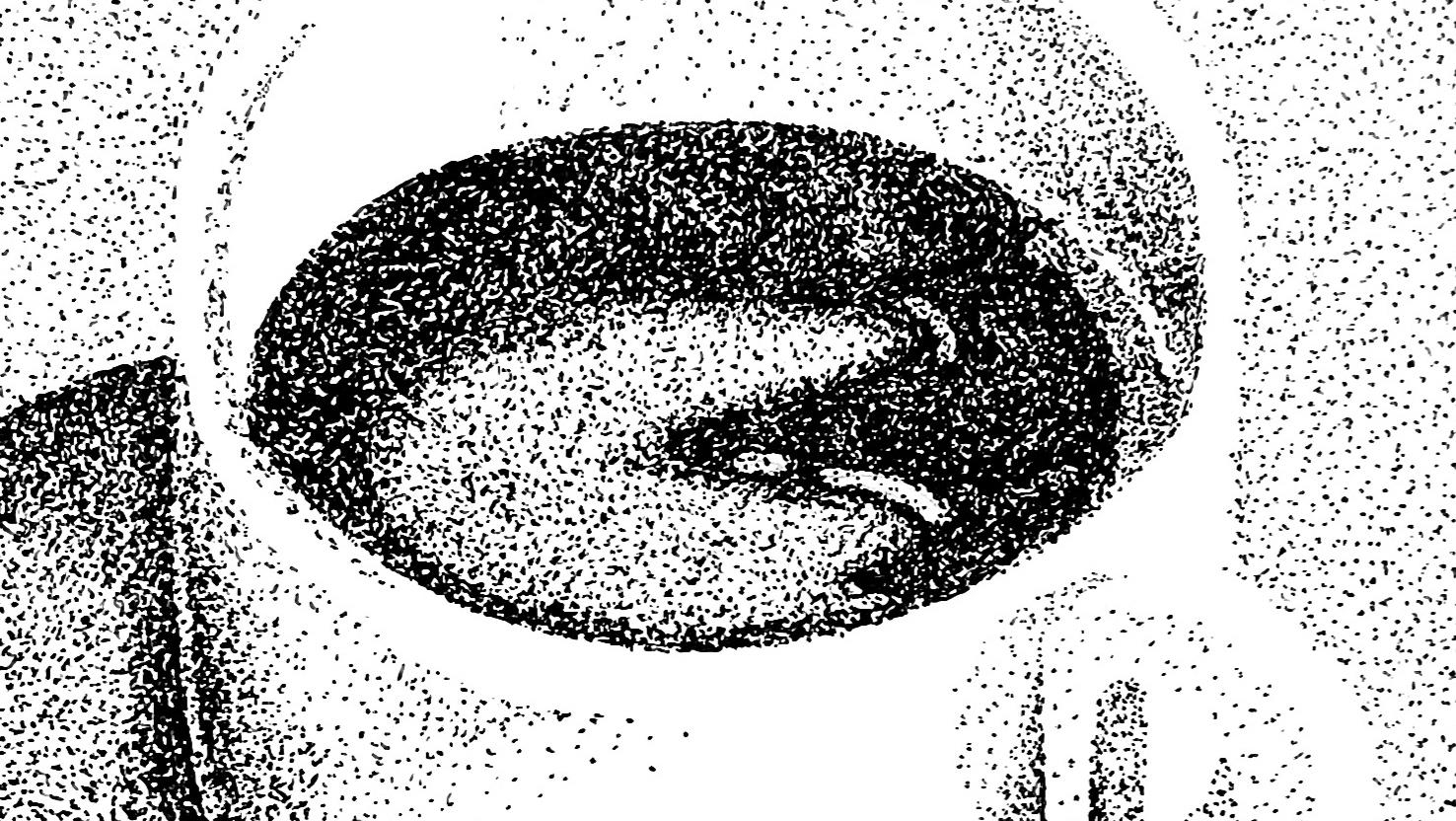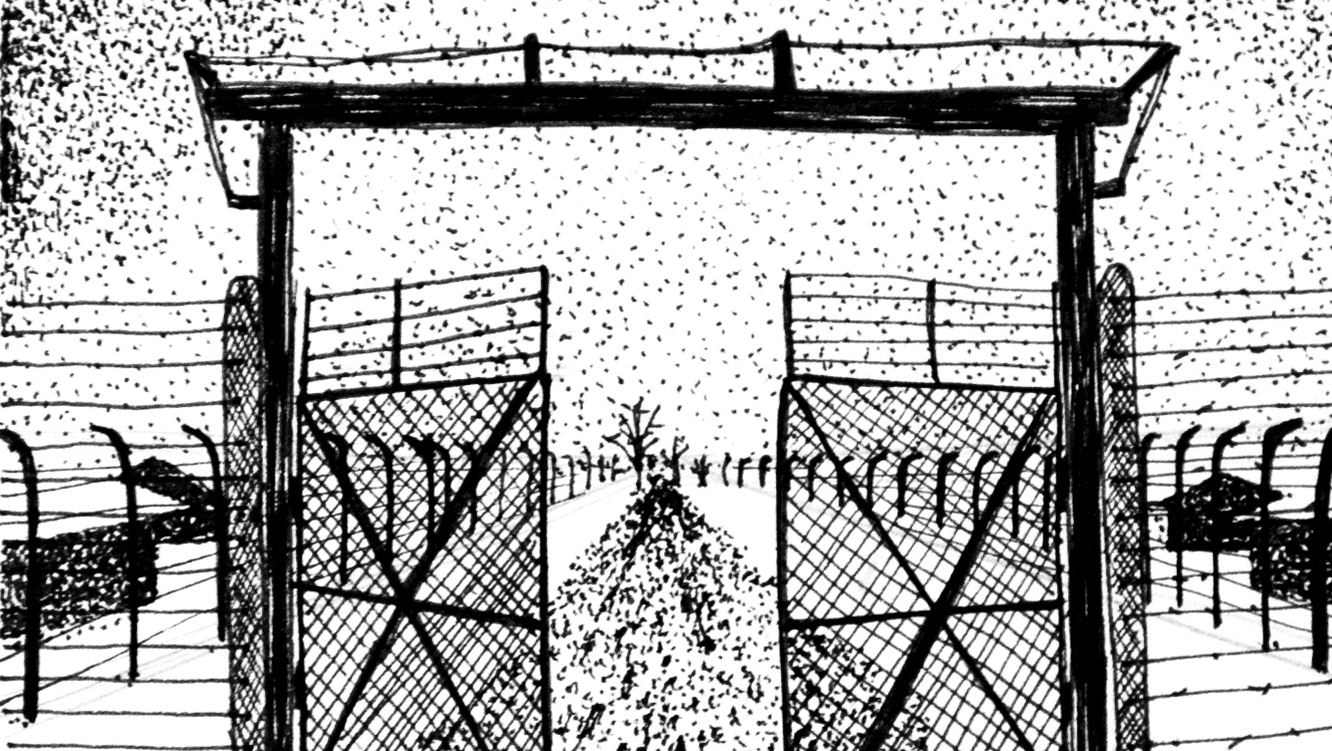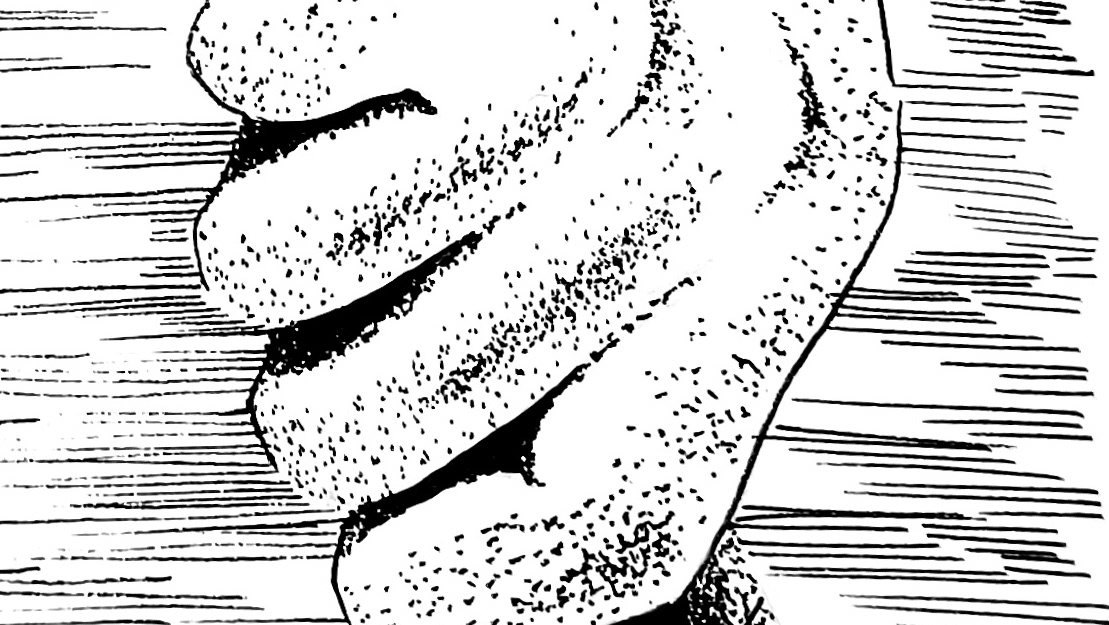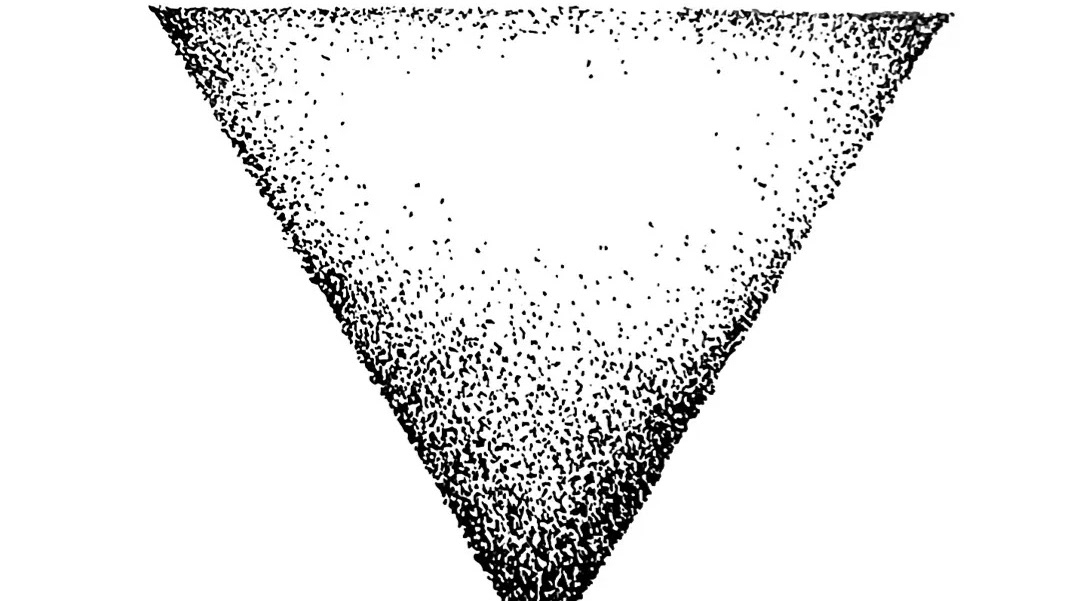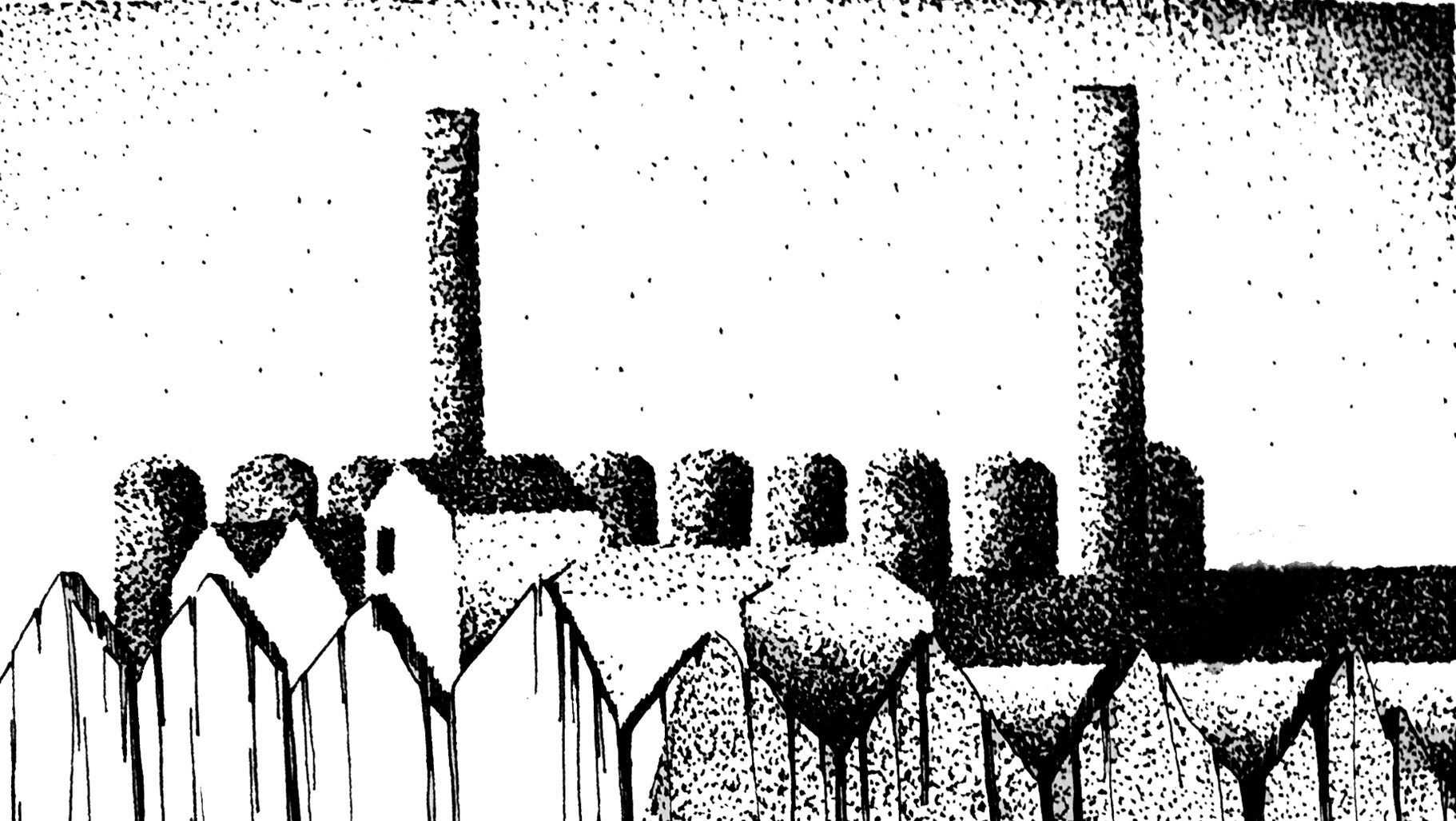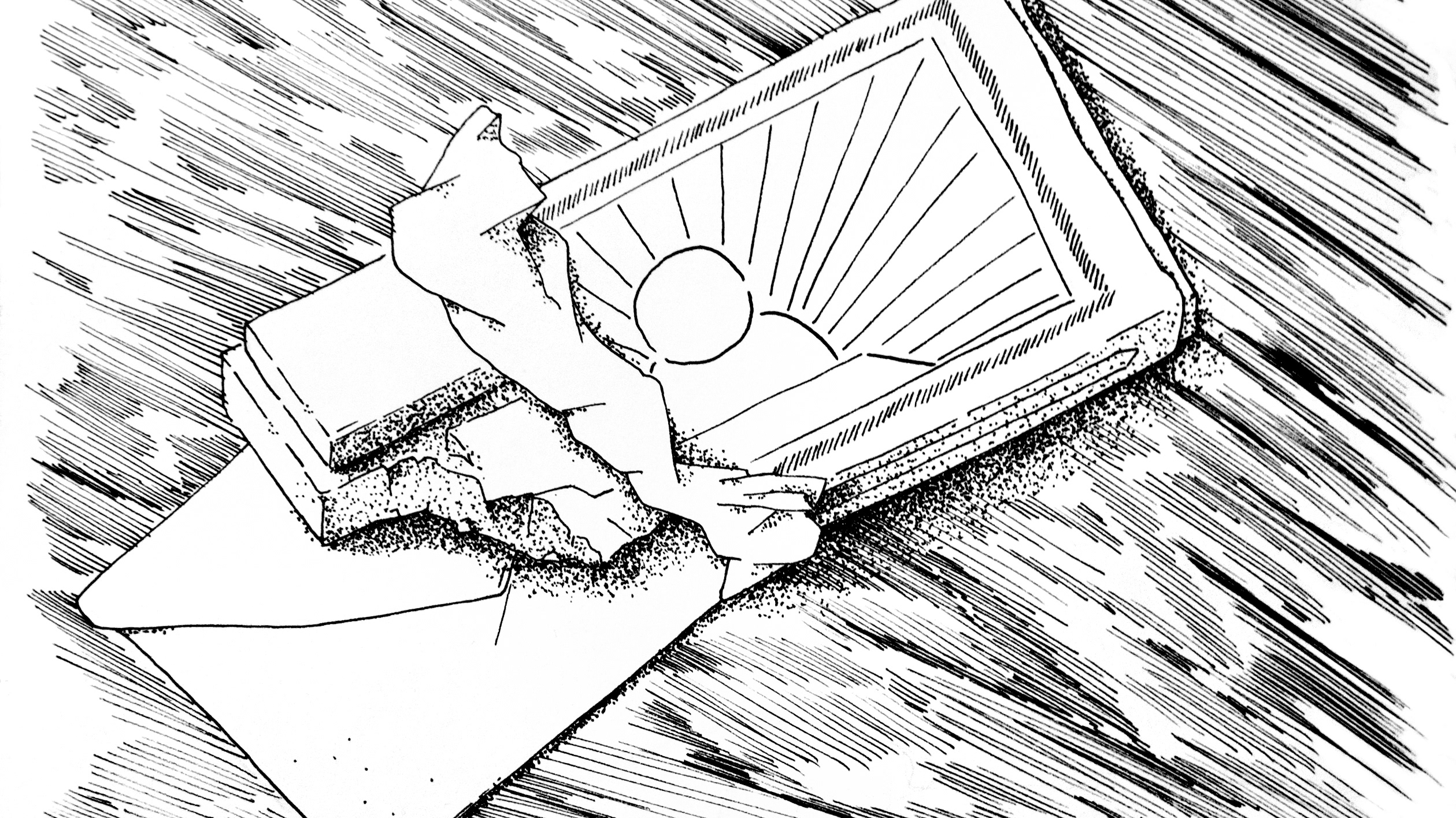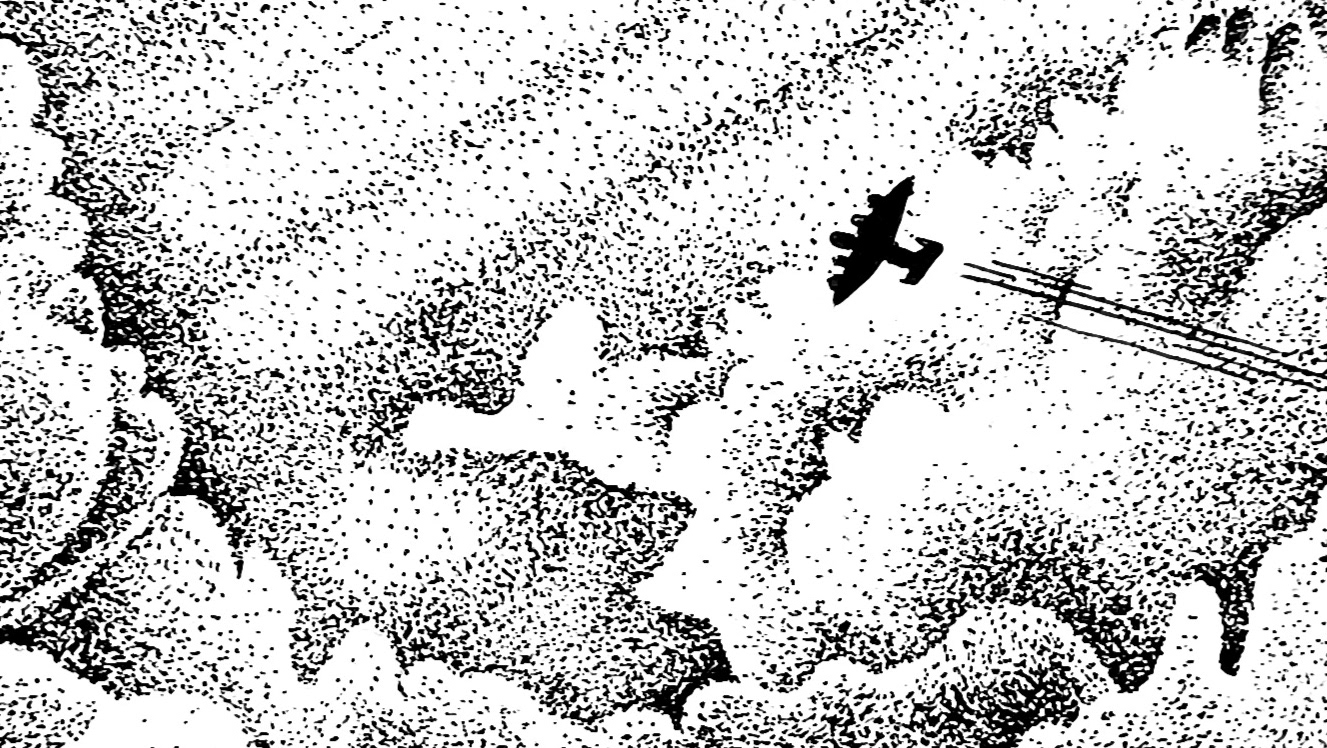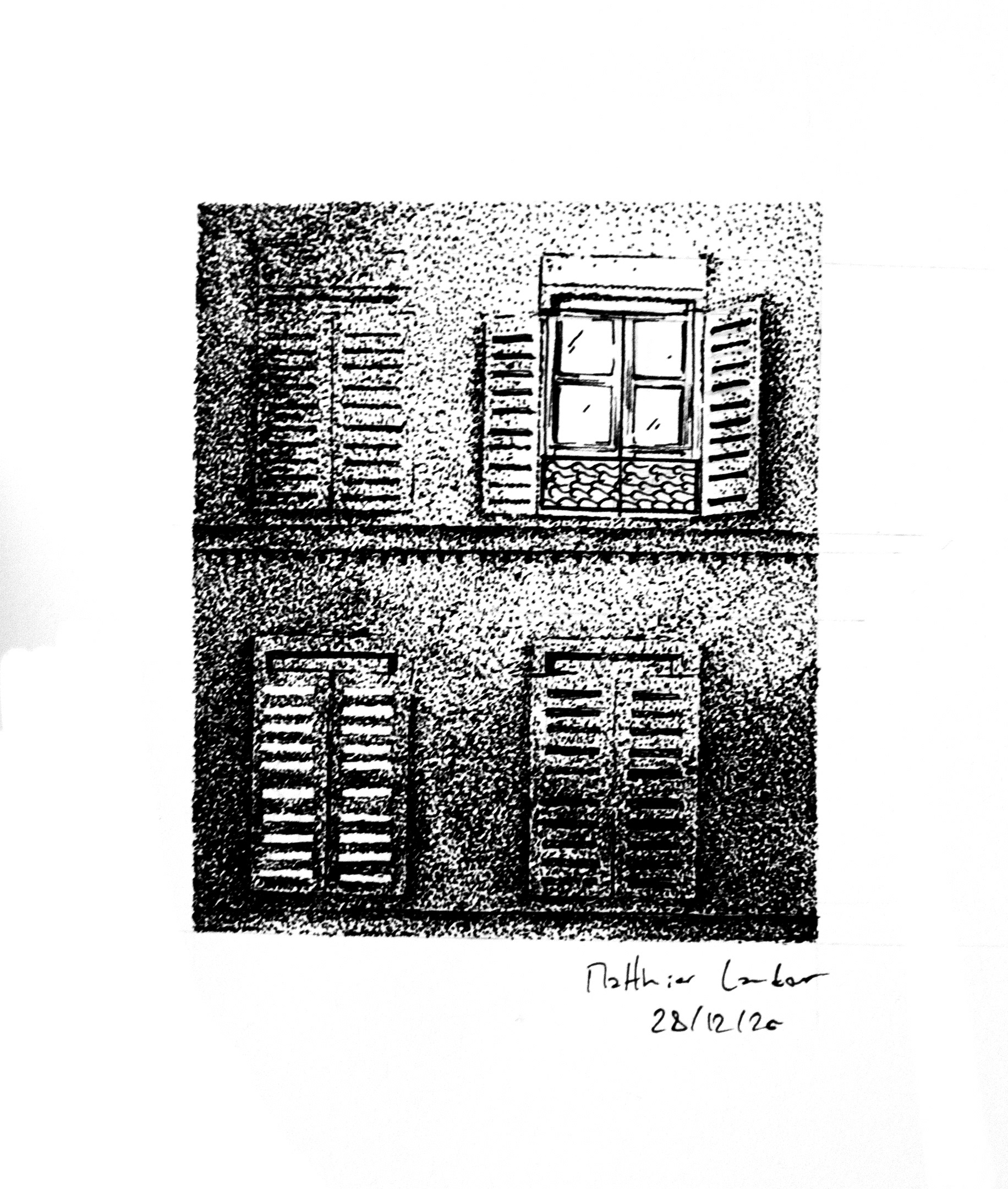
the party upstairs
Today is the 3rd of february 1943, and the 31000 wake up. Right now, they are in quarantine. But for how long, they have no idea. So the 31000 wait.
There isn't much to do. They receive food and they wait. Every morning, there is a roll call, then they come back to their block and wait. The 31000 try to pass the time as best as possible, they do exercises to keep healthy, they tell each other stories, poems, songs.
And they attempt contact with the exterior. Not outside the camp but with the men, the 45000. Danielle Casanova managed to get in touch with them as discreetly as possible, she brought news, difficult news. Madeleine Dechavassine hoped one of her friends, Fernand Vandenhove or Marceau Vergua would still be alive, none of them survived the first 6 months. Marguerite Joubert enquired about her husband, Andre Lermite. Danielle must admit Andre disappeared in the first month of their arrival. Lucienne Langlois attempts to know about the whereabouts of her uncle Charles Passot, but he has not been seen for the past 2 months. As of Louise Amand, when she asks about her brother Rene Amand, Danielle prefered lying than telling her what happened. The truth was horrifying.
Those bad news take a toll on the 31000, but Josee is here to keep morale up. They must not lose sight of the targets, care for each other, care for their friends, survive. Josee is a firm leader.
The 31000 are organised in little groups, protecting one another, sleeping together. There are the obvious groups, those who knew each other for a while, like Charlotte, Mai, Viva and Marie Claude. There are also the mothers and daughters, the groups who lived in similar areas, the ones from the same resistance teams,... If one is cold, another one will rub her shoulders. If one misses dinner, they'll share. If one can't walk, the others will carry. At night, the group will keep a little space for the one missing. Survival depends a lot on the strength of your group.
And then there's the lonely ones, who stay aside for different reasons.
Some are closed off because they feel ashamed. Yvonne has no reason to stay aside, but she is pregnant and she doesn't want anyone to know. Pregnant women generally aren't sent to camps, they are sent after giving birth. But Yvonne told no one, she was ashamed, her husband wasn't the father, he couldn't be, he had been in prison for the past 2 years. The women here couldn't care less about that, but Yvonne chose to stay aside.
Lucienne Ferre stays aside too. Right after she was arrested by the police, a huge chunk of the Bordeaux network was apprehended. To the women of this network, Lucienne talked, gave names, she wasn't solid enough, she couldn’t hold the intimidation, the torture. It happens, and some of the 31000 are ready to forgive. But Lucienne isn't ready to forgive herself, so she stays on her own.
Some stay aside because they were cast away, like Antoinette Bibault. Antoinette and her husband denounced a lot of people in 1942. She said she did it for her country, but she really did it for money. If you gave good intel to the police, you would be rewarded, and Antoinette was supposed to receive a good chunk of money for her services to the country. Antoinette even went as far as denouncing her own brother, 50000 francs was her price for it. What Antoinette didn't expect was that the police prefered to keep that money for themselves, it was easier to deport her and her husband rather than giving her that reward. Antoinette didn't expect either to be imprisoned with some of the women she denounced, which is the reason why she was cast away. The 31000 weren't ready to forgive Antoinette.
And then there's Jeanne Herve. Jeanne can't get along with anyone, she just can't.
Back in 1942, Jeanne was living in a building in Paris. She had done many different jobs, never quite enjoyed any of them, and when she did, she just didn't get along with anyone for long. She hated people, jews, communists, muslims, the ones using the black market, the ones who said negative things about the french or german government, she hated anyone who wasn't french enough. But then, no one would ever be french enough to her.
In October, there was a party on the 4th floor of her building, a wedding celebration. Jeanne believed she would receive an invitation, she didn't, she was angry. Most people wouldn't care, but Jeanne wanted to ruin the event. So she went to the police station and said she heard communists chants at the party. The detective didn't stop the party yet he asked the newly married couple and Jeanne to come at the station a couple of days later. He had doubts, his doubts were confirmed as Jeanne admitted she had lied, he sent her to the Romainville camp.
In Romainville, Jeanne kept on hating the women around her. A woman in her block didn't tell anyone she was jewish, Jeanne wrote a letter to the camp's commander to denounce her. Thankfully, Josee got hold of the letter before it reached anyone and destroyed it. As for Jeanne, the 31000 stopped any communication with her.
Jeanne couldn't care less, it meant more space for her, she never had to share her food with anyone, neither her bed, nor would she have to feel like she owed anything to anyone.
Back to the present, the women are ordered outside and brought to a building. They wonder if the quarantine is ending, if they will finally be sent to another camp. But it isn't that. One by one they enter a room and a german soldier takes a picture of them. Profile, face, 3 quarter, their immatriculation, nothing more. They are allowed to let their hair down or to cover it. There isn't much to cover anyway, but this is at least one option to choose. Most of the women wouldn't smile, yet some haven't been taken in pictures often, so they hesitate whether they must smile or not. Jeanne doesn't smile, she doesn't care.
All those women, the lonely ones, they don't have much time left, maybe days, maybe weeks. You can't survive without help here.
Notes
Thank you for listening to this episode of 31000/45000, the story of 2 trains of french members of the resistance. My name is Matthieu Landour Engel and this episode is a very delicate one.
This episode was about Jeanne Herve and the women who stayed apart within the 31000.
First I would like to quickly talk about the quarantine process. Contrary to the 45000, the 31000 were put on quarantine as they arrived. Many believed that the quarantine meant a transfer to another camp. But as my project was reviewed by the Auschwitz museum, it was pointed out to me that for many prisoners, the first stage of their imprisonment in the camp was a quarantine that lasted from several days to several weeks or more. The main purpose of the quarantine was to accustom new arrivals to the rigor of camp life. Yet there was also a departure quarantine for those released from the camp and to some who were being transferred to other camps.
It is quite complex to talk about denunciation, particularly among the 31000. All the women in that train, all the women in all the trains to the concentration and extermination camp, suffered a great deal, all the women, including women like Jeanne Herve or Antoinette Bibault. They are victims to that respect.
I don’t wish to put too much of an emphasis on those women, as they are a minority, and talking about them in length would create an uneven balance. They were a minority and, as such, I put them in one episode, so to not put too much of a focus on them.
Yet they existed and I believe it is important to mention them. Denunciations happened in France, actually a lot f denunciations happened, for patriotic reasons sometimes, sometimes hatred, sometimes financial reasons. Because yes, there were rewards for denouncing your neighbour in France. Also, I believe this episode is a good reminder that denunciations could still lead to deportations, that it would easily isolate you from other people and lead to certain death.
None of the characters I mentioned in this episode survived, neither did Yvonne, Yvonne’s baby or Lucienne Ferre.
Denunciations were not a feminine specificity either There were denouncers amongst the 31000, as there were denouncers amongst the 45000. I haven’t mentioned those among the 45000, only because I lacked informations about them. There is more information about the 31000 that’s available, I couldn’t have made a complete episode about the 45000.
Regarding the photography process, it happened on the 3rd of February for the 31000, so around a week after their arrival. They were transported from Birkenau to Auschwitz. There, they would sit on a chair which had a metal bar on the back. The prisoner would put their back head on some sort of prop, so the prisoner wouldn’t move too much and the photographer didn’t have to adjust the lens. There was also a metal plate with the prisoner’s number and abbreviations.
The SS destroyed most of the archives from the camp, as they were attempting to destroy all evidence regarding the extermination camps. Yet some photographies still remain, some documents were also hidden by prisoners as proof for the future. The photographs of the 31000 were partly found hidden and dug in small trenches.
I am making a few assumptions in this episode, mostly regarding the first bad news about the families of the 31000. My assumption is that Danielle Casanova was the one who was most likely to transmit the information to the 45000 through the international committee, and receive information. So she was most likely to tell the 31000 about their 45000 families. But I may be wrong.
I have been trying to find Jeanne Herve ’s relatives, as well as the women mentioned in this episode, unfortunately, my research was unsuccessful. If by any chance, you know of someone related to her please let me know, I would be very pleased to get in touch and make sure the text I wrote doesn’t contain any errors.
My sources for this story are the book le convoi du 24 janvier by Charlotte Delbo, A train in winter by Caroline Moorehead. My sources also are red triangles in Auschwitz, by Claudine Cardon Hamet, the website deportes-politiques-auschwitz.fr, memoire vive and the foundation for the memory of deportation website and the fantastic website auschwitz.org .
Thank you very much for listening, the next episode will be about Henriette Pizzoli, and the infamous 10th of february run.
